Uncategorized
-
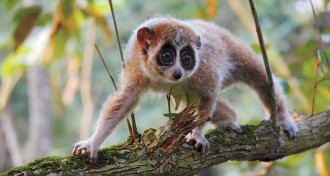 Animals
AnimalsPygmy slow loris hibernates in winter
The pygmy slow loris truly hibernates, making it the first primate found outside Madagascar to do so, a new study says.
By Susan Milius -
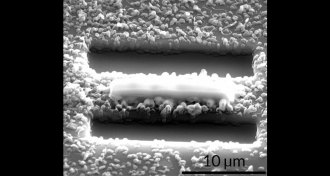 Chemistry
Chemistry‘Q-carbon’ may offer quick route to diamonds
Q-carbon might be the third form of solid carbon, but some scientists have doubts.
By Meghan Rosen -
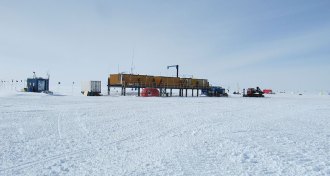 Climate
ClimateWarming culprit CO2 has a cool side — and it’s in Antarctica
Rising CO2 levels above central Antarctica cause cooling, not warming, new research suggests. The odd effect results from surface temperatures that are colder than the overlying stratosphere.
-
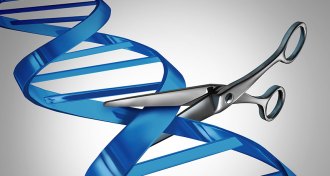 Genetics
GeneticsHuman gene editing research gets green light
Gene editing research can move forward, but not for reproductive purposes, international summit committee says.
-
 Earth
EarthHumankind’s water use greater than thought
Humans’ global water footprint increases when accounting for water losses from water management practices.
-
 Health & Medicine
Health & MedicinePay attention to that under-the-weather feeling
People can forecast their likelihood of catching colds by rating their own health, study shows.
By Bruce Bower -
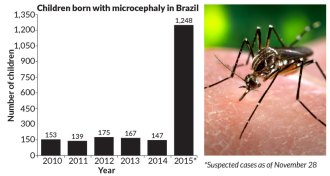 Health & Medicine
Health & MedicineVirus spread by mosquitoes linked to rare birth defect
In addition to fever, rash and vomiting, Zika virus may cause rare birth defect.
-
 Health & Medicine
Health & MedicinePregnancy hormone could keep multiple sclerosis at bay
A small trial hints that pregnancy hormone can reduce MS flare-ups.
-
 Genetics
GeneticsScientists consider new genetic power and its impacts
Thanks to CRISPR, scientists’ plans for effective use of gene drives suddenly look feasible.
By Eva Emerson -

-
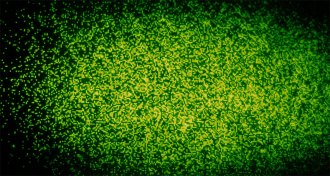 Quantum Physics
Quantum PhysicsSpooky quantum connection quantified for multiple particles
Physicists have measured quantum entanglement between several particles rather than just two.
By Andrew Grant -
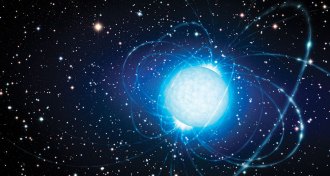 Astronomy
AstronomyMysterious cosmic signals carry a clue to their origins
A burst of radio waves from another galaxy ran into a dense magnetized plasma while en route to Earth, hinting at an origin near a population of young stars.